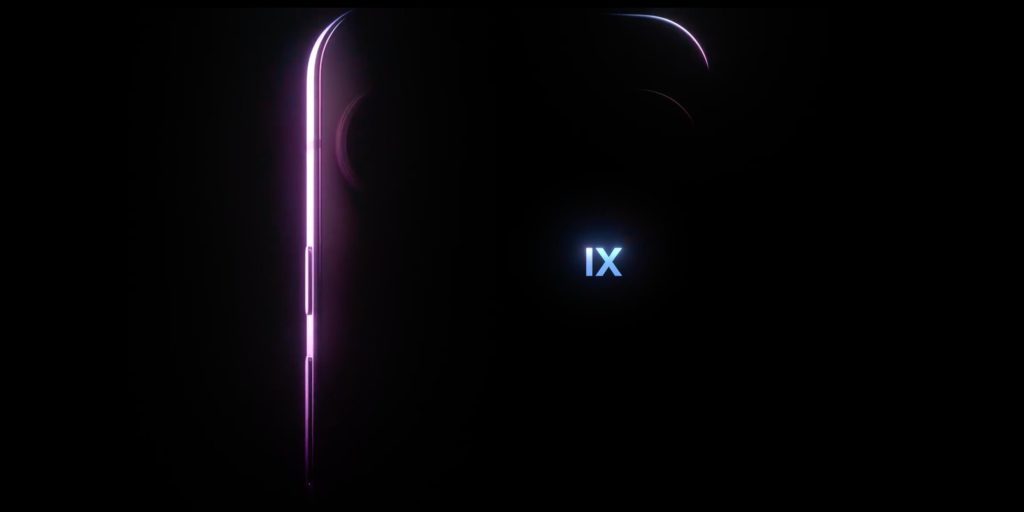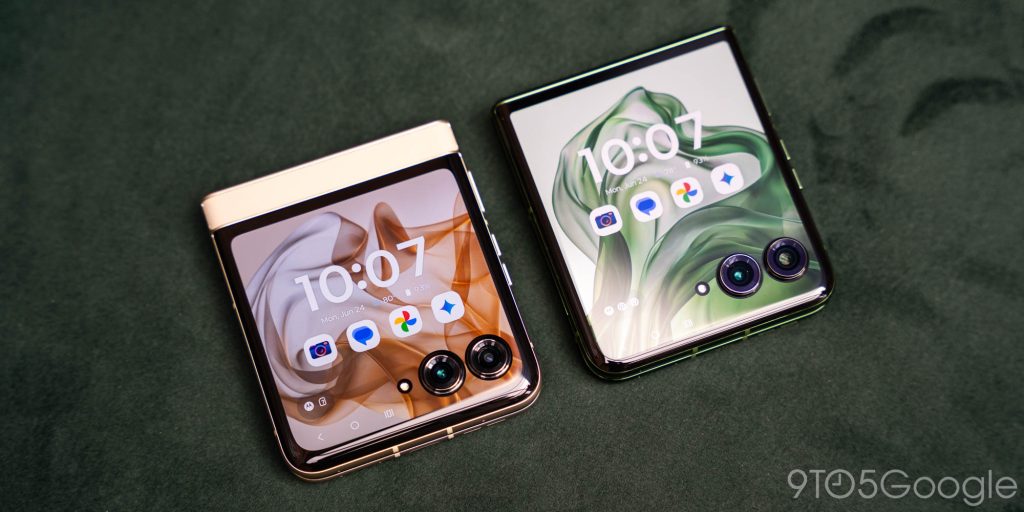Earlier this week Google made a big, unexpected announcement. The Pixel 9 series is launching in August, almost two months ahead of the usual schedule. Why?
This issue of 9to5Google Weekender is a part of 9to5Google’s rebooted newsletter that highlights the biggest Google stories with added commentary and other tidbits. Sign up here to get it delivered to your inbox early!
Historically, Google has held its annual “Made by Google” event to launch the latest Pixel flagships in October. It all started on October 4, 2016, and has continued with roughly that timeline ever since. One of the earliest events was in 2020, when Google launched the Pixel 5 and other devices on September 30.
But August 13? That’s wildly early, to a point no one really would have guessed it. The event is also moving to Google HQ in Mountain View, California, after a few years in New York City. Clearly, there are big changes on the horizon.
Why the early date?
We won’t know for sure for a while, but there are a few possibilities that immediately jump out.
For one, there’s the simple fact that Google’s next Tensor chip, G4, is more of a stopgap than anything else. 2025 will see the arrival of a fully custom Tensor chip made by TSMC, and G4 is rumored to really just be a minor bump on top of the current Tensor G3. That should be fine, as Tensor G3 is holding up way better than the first two generations, but we really don’t know how much better it will be. Rumors claim it will be better with heat and efficiency, and is also adopting an updated cellular modem that includes satellite support. So, given the minor upgrades, it may simply be that Google’s next Tensor chip will be ready for primetime a bit earlier than last year.
I’d call the chip alone a less likely reason for the earlier date, though. A stronger possibility, I feel, is the sheer size of this year’s lineup.
If all rumors come to pass – and it certainly looks that way – there will be four new Pixel 9 models this year. Pixel 9, Pixel 9 Pro, Pixel 9 Pro XL, and Pixel 9 Pro Fold. The naming scheme seems like a mess, but if it’s priced correctly, this could be a killer lineup on Google’s part. But to have that much hardware hitting the market at once, especially for a company that only holds down a small (but growing) portion of the smartphone market, seems insane. I’d take a guess that Google might just end up announcing everything at once, but trickling out the actual release over the course of a month or more. I’d certainly hope that, at least, given the same event is also fairly likely to deliver new Pixel Watch hardware and updated Pixel Buds.

Finally, there’s another reason Google might be pushing this launch up so early, and I think it might be the most likely of all.
AI.
What else, after all. Google is pushing AI harder and harder as the company feels the pressure of competition, and Pixel is a key component of that push. Utilizing the otherwise quiet month of August gives Google a chance to show off new AI ideas on Pixel ahead of Apple’s next iPhones which, now, look to be packed with “Apple Intelligence.” As our Abner Li dove into on Friday, Google has already teased that powerful new AI features are coming this year, such as Gemini Live.
- What will be magical about the Pixel 9?
- Google teases Pixel 9 Pro with Android and Gemini focus [Video]
Which of these three reasons might be Google’s inspiration? I think it’s probably a mix, and about a billion other factors, but I’m very curious to see how it all plays out. In a poll, 9to5Google readers overwhelmingly seem to think it’s a good idea to get the Pixel out earlier, and it’s something I’ve always felt the company should consider.
Buckle up, folks; it’s probably going to be a busy next few weeks in the Pixel rumor mills.
This Week’s Top Stories
Samsung confirms July 10 launch for foldables, Watch Ultra, more
Amid a flurry of leaks, Samsung this week officially announced a July 10 event where it is set to launch Galaxy Z Fold 6, Flip 6, and other new devices such as the Galaxy Watch Ultra. You can catch up on all of the news below.
- Galaxy Z Fold 6 and Flip 6 launch July 10, reservations open now
- Samsung is giving away $5,000 with Galaxy Z Fold 6 and Flip 6 reservations
- Galaxy Watch 7 leak hints at higher price, confirms new sensors and release date
- Samsung Galaxy Z Fold 6 and Flip 6 leak in updated official cases [Gallery]
- Samsung Galaxy Watch Ultra has Apple Watch-like band connectors
- The Galaxy Buds 3 look just like AirPods
It’s going to be a big event.
Google says the Find My Device network will get better
Following early impressions of the first Find My Device trackers, Google this week first told 9to5Google that improvements to the network are coming. This mostly relates to connection speed, but the full scope of the changes probably won’t be known for a bit. Alongside that, Google also directly encouraged Android users to let the Find My Device network work in all locations, rather than its default setting of only working in “high-traffic” areas.
- Google says Find My Device tracking improvements are coming
- Google encouraging Android users to let the Find My Device network work everywhere – here’s how
- Pebblebee trackers for Android initial review: The best option, for now, is still held back
Motorola also this week announced the first tracker for the network that supports UWB.
Motorola launches new Razr foldables
While it was quickly buried underneath Google’s big Pixel announcement, Motorola this week launched its latest Razr foldables. The Razr+ and Razr (2024) keep the prices of their predecessors, but with pretty big upgrades. The flagship has a telephoto camera and much-improved hardware, while the budget model has a big outer display and just an astounding value for its price.
- Hands-on: Motorola’s Razr and Razr+ bring much-needed changes to the table
- The Razr and Razr+ are the first phones to run Google Gemini by default
Stay tuned for our full reviews coming soon.

More Top Stories
- Google Messages RCS conversations with iPhones have some quirks
- Blackmagic Camera app brings pro-level video controls to Google Pixel and Samsung Galaxy devices
- Microsoft’s foldable Surface Duo 3 reportedly had an open button and magnetic kickstand
- Android Auto updates seem to have broken connections for some users
- Google Messages now lets you view larger contact photos
- Google Wallet adds support for hotel keys
- Google TV now has over 130 of its own free channels
- Google no longer developing Material Web Components
- Download these stunning Material You-friendly Pixel 8 Pro teardown wallpapers
From the rest of 9to5
9to5Mac: US carriers now enabling RCS for iPhone users running iOS 18 beta 2
9to5Toys: NZXT H7 Flow review: New PSU placement gives cool GPU temps [Video]
Electrek: Rivian (RIVN) talks R2, cost-cutting, and more during 2024 Investor Day
Follow Ben: Twitter/X, Threads, Bluesky, and Instagram
FTC: We use income earning auto affiliate links. More.



Comments